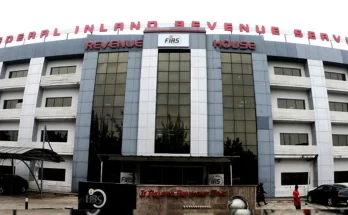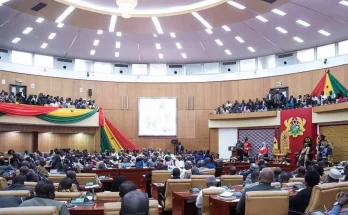Ghana’s plan to eliminate certain taxes, including the Electronic Levy (E-Levy) and betting tax, poses a significant risk to the government’s revenue targets, according to professional services firm Deloitte.
In its analysis of the 2025 Budget Statement, Deloitte highlighted the delicate balance the government must strike between macroeconomic stability and economic growth. A key component of this strategy, it noted, is revenue mobilization.
However, the firm cautioned that fulfilling campaign promises to scrap these levies could lead to notable revenue shortfalls, which may impact the government’s ability to meet its fiscal targets.
“While the proposed revenue-enhancing measures to offset these potential shortfalls are commendable, it is crucial for the government to engage extensively with affected businesses to ensure their buy-in and commitment before implementation,” Deloitte advised.
Concerns Over Mining Sector Levies
Deloitte also expressed concerns regarding the planned increase in the Growth and Sustainability Levy for the mining sector. Analysts warn that if not carefully managed, this revision could slow growth within the industry.
House of Reps In Nigeria Approves Tax Reform Bills
Road Tolls and the Push for Efficiency
Another key proposal in the budget is the reintroduction of road tolls, which will be administered through a tech-driven collection system.
While Deloitte welcomed the use of technology to enhance efficiency, it urged the government to conduct a comprehensive cost-benefit analysis to ensure that revenues generated justify the administrative investment.
Expanding the Tax Net
Beyond these measures, Deloitte emphasized the need to broaden Ghana’s tax base, particularly within the informal sector, which remains a largely untapped source of revenue. The firm recommended leveraging technology, tax education, and simplified compliance processes to achieve this goal.
Awaiting Details on the 24-Hour Economy Policy
Deloitte also noted the absence of detailed plans regarding the government’s proposed 24-hour economy initiative, a policy championed by the Mahama-led administration to boost productivity and job creation.
The Finance Minister, Dr. Cassiel Ato Forson, recently announced that the policy would be formally presented to Parliament for approval. However, Deloitte is awaiting specifics on how the initiative will be structured and funded.
Fiscal Prudence and Investor Confidence
The firm acknowledged the government’s commitment to fiscal discipline, noting that cutting expenditures could help restore investor confidence and stabilize the economy.
However, it cautioned that aggressive spending cuts might limit the rollout of key policies, potentially slowing economic growth in the short term.
IMF Program and Budget Deficit Management
With Ghana navigating the International Monetary Fund (IMF) Economic Credit Facility program, Deloitte pointed out that the projected 3.1% budget deficit for 2025 signals a more cautious fiscal approach.
The firm stressed the importance of reducing high budget deficits and addressing debt accumulation, particularly within the energy sector.
VAT Reforms and Import Duties
One of the key highlights of the budget is the promise to reform Ghana’s Value Added Tax (VAT) system. Deloitte noted that businesses eagerly await these reforms, as well as potential realignments in import duties, particularly on production inputs.
As the government moves forward with these tax reforms, Deloitte reiterated the need for a well-structured implementation strategy to mitigate revenue risks while fostering economic growth.




